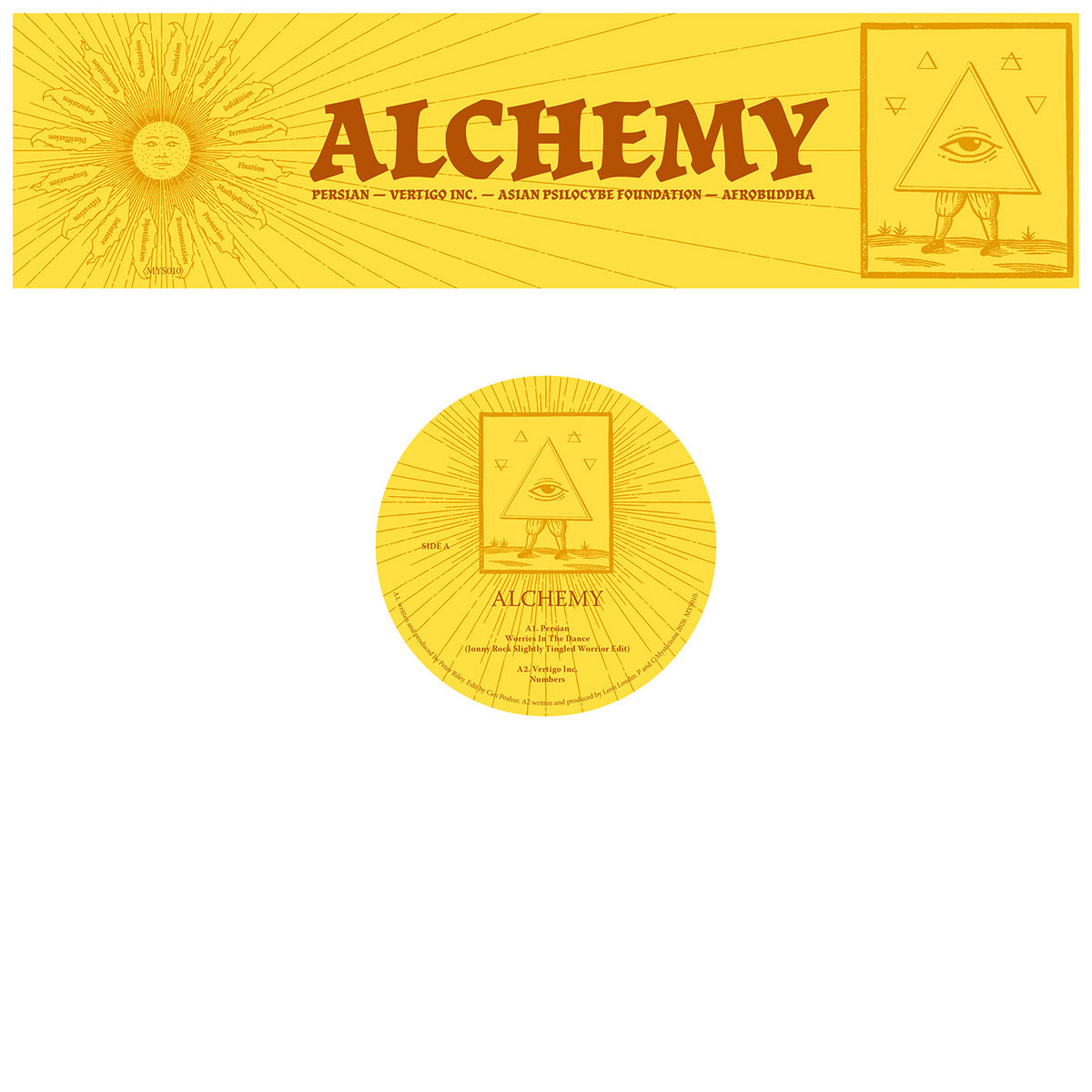- Nature and significance
- Regional variations
- Assessments of alchemy
Manuela Biocca and Alchemy Gothic united for a special collection. Once more, steampunk, dandy and dark romanticism are in favour. This dark collection with modern shapes are enhanced with touches of light brought by Alchemy adornments and Swarovski crystals.
Mahjongg Alchemy: Mahjongg Age of Alchemy: a Mahjong solitaire game with alchemical symbols. Combine 2 of the same free tiles to remove those tiles. A Mahjong Solitaire game. Alchemy definition, a form of chemistry and speculative philosophy practiced in the Middle Ages and the Renaissance and concerned principally with discovering methods for transmuting baser metals into gold and with finding a universal solvent and an elixir of life. Alchemy produces solutions that fit the needs of today, and anticipates what is coming next. Shifts toward dynamic technology consumption has lead Alchemy to adopt a contextual workspace focus centered on user experience, protection and digital transformation. Over 150 megabytes online of information on alchemy in all its facets. Divided into over 2400 sections and providing tens of thousands of pages of text, over 2500 images, over 240 complete alchemical texts, extensive bibliographical material on the printed books and manuscripts, numerous articles, introductory and general reference material on alchemy.
Our editors will review what you’ve submitted and determine whether to revise the article.
Join Britannica's Publishing Partner Program and our community of experts to gain a global audience for your work!Alchemy Symbols
Robert Andrew GilbertSee All Contributors
Alchemy, a form of speculative thought that, among other aims, tried to transform base metals such as lead or copper into silver or gold and to discover a cure for disease and a way of extending life.

Alchemy was the name given in Latin Europe in the 12th century to an aspect of thought that corresponds to astrology, which is apparently an older tradition. Both represent attempts to discover the relationship of man to the cosmos and to exploit that relationship to his benefit. The first of these objectives may be called scientific, the second technological. Astrology is concerned with man’s relationship to “the stars” (including the members of the solar system); alchemy, with terrestrial nature. But the distinction is far from absolute, since both are interested in the influence of the stars on terrestrial events. Moreover, both have always been pursued in the belief that the processes human beings witness in heaven and on earth manifest the will of the Creator and, if correctly understood, will yield the key to the Creator’s intentions.
Nature and significance
That both astrology and alchemy may be regarded as fundamental aspects of thought is indicated by their apparent universality. It is notable, however, that the evidence is not equally substantial in all times and places. Evidence from ancient Middle America (Aztecs, Mayans) is still almost nonexistent; evidence from India is tenuous and from ancient China, Greece, and Islamic lands is only relatively more plentiful. A single manuscript of some 80,000 words is the principal source for the history of Greek alchemy. Chinese alchemy is largely recorded in about 100 “books” that are part of the Taoist canon. Neither Indian nor Islamic alchemy has ever been collected, and scholars are thus dependent for their knowledge of the subject on occasional allusions in works of natural philosophy and medicine, plus a few specifically alchemical works.

Nor is it really clear what alchemy was (or is). The word is a European one, derived from Arabic, but the origin of the root word, chem, is uncertain. Words similar to it have been found in most ancient languages, with different meanings, but conceivably somehow related to alchemy. In fact, the Greeks, Chinese, and Indians usually referred to what Westerners call alchemy as “The Art,” or by terms denoting change or transmutation.


Alchemy Definition
- key people
- related topics
